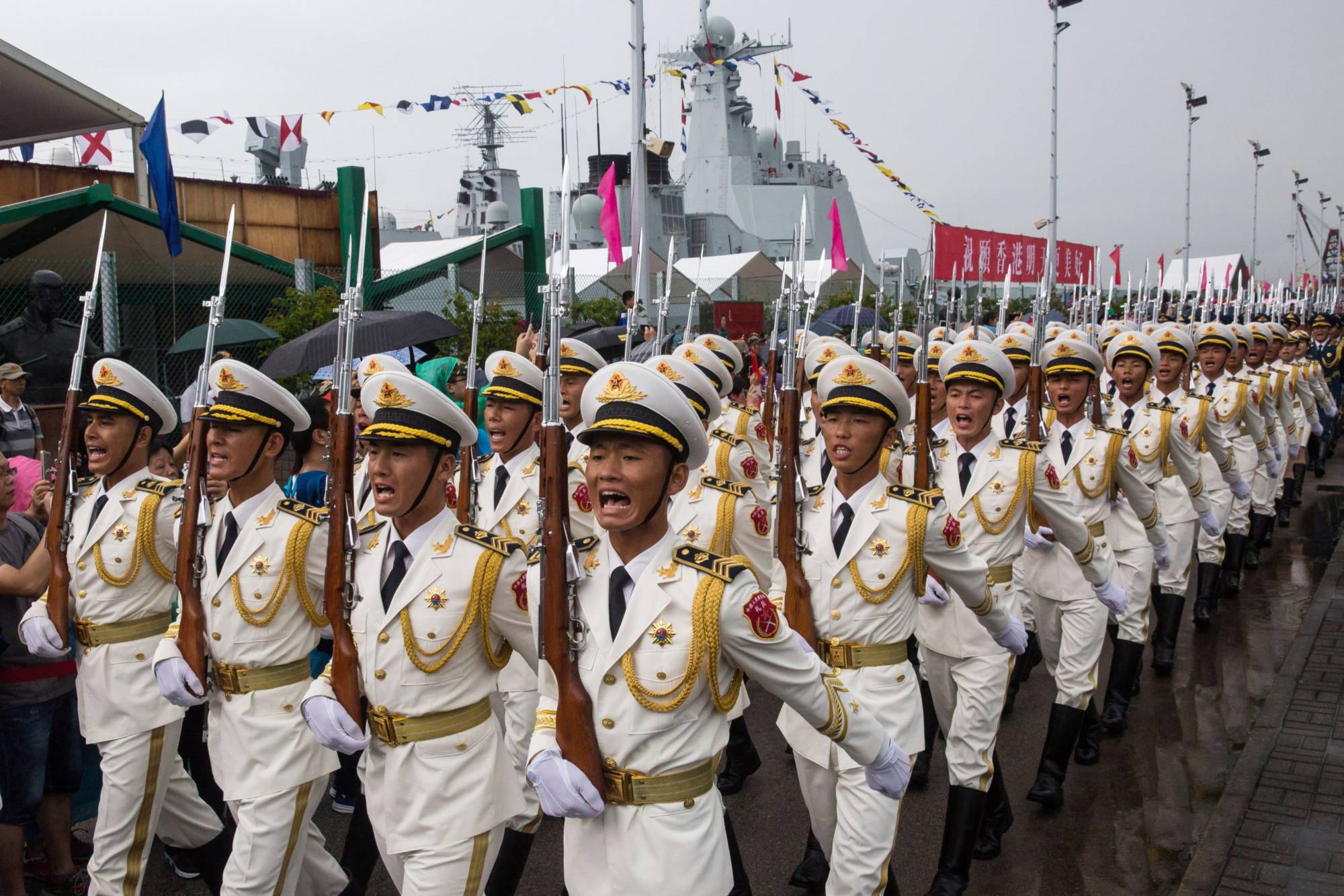During the Cold War, Europe was America’s strategic priority. East Asia was largely a sideshow, even though the United States fought bloody wars in Korea, Vietnam and also provided security for Japan, South Korea and Taiwan.
But in the unfolding new cold war between the U.S. and China, America’s strategic priorities have flipped. Today, U.S. security strategy is dominated by the China threat, and East Asia has replaced Europe as the principal theater of the world’s defining geopolitical contest. And the security consequences of this shift in America’s focus are becoming increasingly visible.
Most notably, America’s adversaries are taking advantage of its preoccupation with China to test U.S. resolve. Iran, for example, has hardened its position in the stalemated negotiations on reviving the Joint Comprehensive Plan of Action, the 2015 nuclear deal from which U.S. President Donald Trump’s administration withdrew in 2018. Iranian leaders appear to be betting that President Joe Biden will be extremely reluctant to resort to military force and get bogged down in a new Middle Eastern war when the U.S. is planning for a potential conflict with the Chinese People’s Liberation Army.



















With your current subscription plan you can comment on stories. However, before writing your first comment, please create a display name in the Profile section of your subscriber account page.